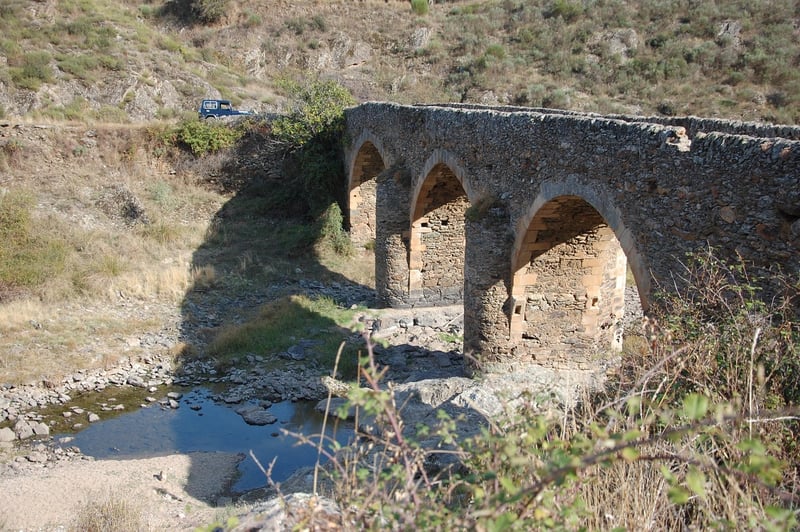Historical Preservation
Ethical Considerations in Historical Preservation
Preserving history is not just about maintaining artifacts and monuments; it also involves a set of ethical considerations that guide the process. Historical preservation requires a delicate balance between conservation, education, and respect for the past. Let's delve into some key ethical principles that underpin the field of historical preservation.
1. Respect for Cultural Heritage
One of the fundamental ethical considerations in historical preservation is the respect for cultural heritage. Every society has its unique history and traditions that deserve to be preserved and respected. It is essential to involve local communities and indigenous groups in the preservation process to ensure that their cultural heritage is safeguarded.
2. Authenticity and Integrity
Maintaining the authenticity and integrity of historical sites and artifacts is crucial. Any restoration or conservation work should be carried out with the utmost care to ensure that the original features and characteristics are preserved. Altering or falsifying historical items can distort the true narrative of the past.
3. Accessibility and Education
Historical preservation should not only focus on physical conservation but also on making the information accessible to the public. Education plays a vital role in raising awareness about the significance of historical sites and promoting a deeper understanding of the past. Interpretive programs and guided tours can help visitors appreciate the historical context.
4. Sustainable Practices
Adopting sustainable practices in historical preservation is essential to ensure the long-term conservation of cultural heritage. Using eco-friendly materials, implementing energy-efficient solutions, and promoting responsible tourism are all part of sustainable preservation efforts that aim to minimize environmental impact.
5. Community Engagement
Engaging with local communities and stakeholders is key to successful historical preservation. By involving residents in decision-making processes and seeking their input, preservation efforts can be more inclusive and reflective of community values. Collaborative approaches help build a sense of ownership and pride in preserving shared heritage.

By upholding these ethical considerations in historical preservation, we can ensure that our rich cultural heritage is safeguarded for future generations to appreciate and learn from.
